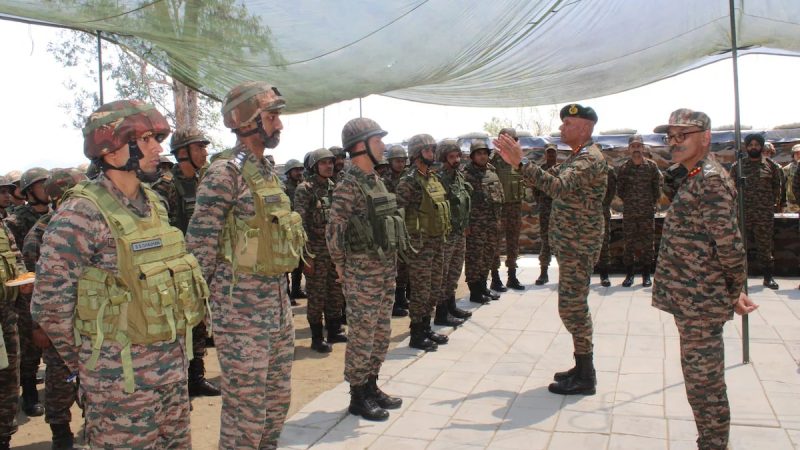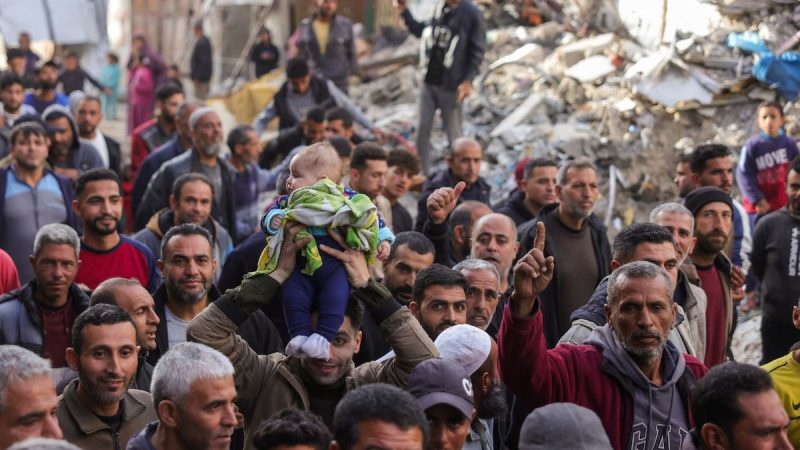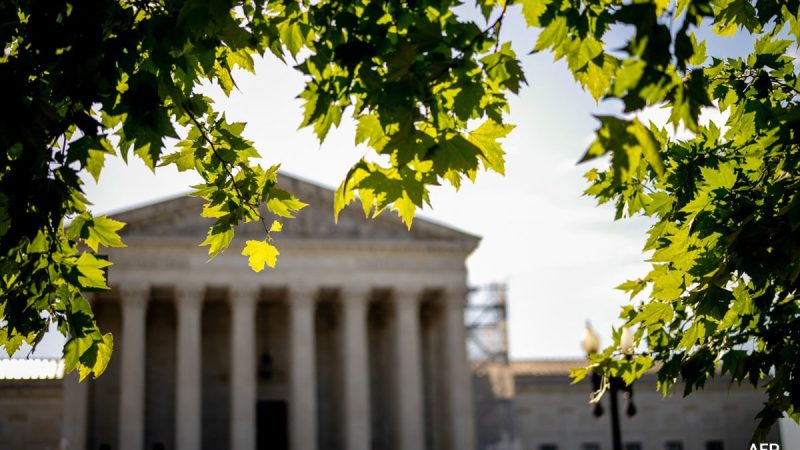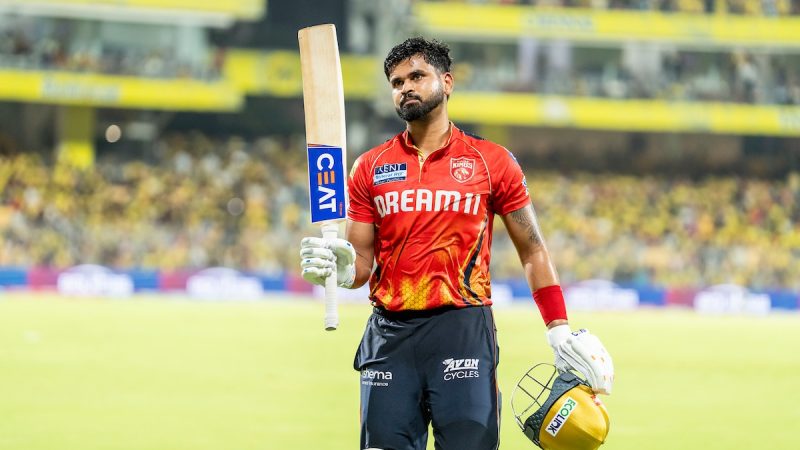Opinion: Consciousness, conscience and youth

While consciousness makes youth aware of multifaceted scenarios across the world, their conscience directs them to act prudently, resulting in actions that are just and reasonable
Published Date – 16 May 2025, 07:39 PM

By B Maria Kumar
A few days ago, I came across a deeply thought-provoking piece, more aptly a masterpiece, written by Kishore Kumar Bandreddy, a noted educational thinker and an accomplished pedagogue. The essence of his message stirred within me far more questions than answers. In his observation, he addressed humanity at large, highlighting the rising tides of untruth and post-truth that now define much of our global environment, an atmosphere through which the youth must navigate their lives.
Bandreddy’s silent yet unmistakably felt anguish centres on the very heart of Generation Z and the current Alpha Generation, especially in India, where young people constitute a significantly large demographic, often earning the country the epithet of “the world’s most youthful nation.”
His message calls upon these budding citizens to be mindfully aware of their surroundings, to remain vigilant in distinguishing the real from the illusory, so that they may both resist the encroaching falsehoods and equip themselves with a moral compass for leading productive, righteous lives and contributing meaningfully to society. He emphasised that the dual forces of consciousness (awareness) and conscience (moral integrity) are critically vital, as much for personal growth, as for the overall betterment of human existence.
Which Comes First?
It’s in this context, notably amid the contemporary trends, that consciousness and conscience are attracting increasing interest from intellectuals, having been largely neglected for a long time. This sparks natural curiosity about which of the two emerges first in life and how their interplay might be relevant to various aspects of human development.
Biologically speaking, consciousness begins to arise in early growth, with basic forms evident in newborns. It starts as a rudimentary awareness, shaped by sensory and neural processes, which support survival and interaction with environment. For ages, philosophers and psychologists have puzzled over where it comes from and how it grows. But now, brain scientists are digging deeper with exciting new investigations.
Consciousness opens the mind to thoughts of emotions and reasoning, activating moral compass, known as conscience, that balances emotional turbulence with rational ethics
For example, on May 4, 2025, SciTechDaily shared news about a big event at the Allen Institute in Seattle. Two groups of researchers faced off, each with a different idea about consciousness. One group, following Integrated Information Theory (IIT), said consciousness happens when different parts of the brain work together, exchanging information like a team. The other group, backing Global Neuronal Workspace Theory (GNWT), believed it comes from the front part of the brain, acting like a control room. In the end, neither side could prove their idea completely, leaving the mystery wide open.
Fascinating Find
However, here’s where it gets even more fascinating. Some scientists think that consciousness isn’t just in the brain. Evolutionary biologist William Miller suggests it’s also in our body’s cells, calling it “cellular consciousness.” Another investigator, Bruce Lipton, theorises that it’s all about how cells sense the world around them. He believes that the outer layer of a cell acts like a sensor, picking up signals from environment, almost as if our cells are aware.
No matter where it starts, most scientists agree that consciousness is there to keep us aware of what is what around us so that we can take action to avoid danger and keep ourselves safe. But our common understanding hints that just being conscious isn’t enough. It’s like having a goal without a plan, because it needs direction. That’s where conscience steps in. Conscience resembles a leader, steering our awareness to make good choices, not just for ourselves but for everyone around us.
The nature of conscience is easier to grasp by seeing how the human mind functions. The brain comprises two interconnected systems, the emotional mind and the logical mind. The emotional mind, rooted in the limbic system, governs reflexes, emotions and automatic reactions, often driven by instinctive impulses.
In contrast, the logical mind, located in the prefrontal cortex, relies on reason, rational analysis and structured planning. It is responsible for evaluating consequences, considering multiple perspectives, and guaranteeing decisions are thoughtful rather than purely reactive. Unlike the emotional mind, which responds instantly to external stimuli, the logical mind takes time to gather information, process it and form conclusions based on reasoned judgment.
Clicking Together
Then, let us see how consciousness can mould conscience into a perfect inner mentor. Consciousness opens the mind to thoughts of emotions and reasoning. It allows individuals to notice patterns in their behaviour. This awareness enables individuals to adjust their decisions wisely. Self-awareness with logic prevents them from being swayed by irrational emotions. Thus it activates a moral compass, known as conscience, promoting beneficial options that balance emotional turbulence with rational ethics.
A well-calibrated conscience acts as a trustworthy beacon. It illuminates the path towards clarity and accountability. This conscience fosters actions that correspond with fairness and wisdom. Through consistent practice, consciousness builds a righteous conscience that stands firm. It strengthens individuals to perform with confidence and purpose.
Returning to Bandreddy’s call for the youth’s conscience to drive social transformation, it is a powerful step towards channelising their energy effectively. Tweens, teens and young adults possess not only the ability to confront challenges and problems but also the strong potential to address them through a conscientious approach.
While consciousness makes youth aware of multifaceted scenarios across the world, their conscience directs them to act prudently, resulting in actions that are just and reasonable. This empowers modern youth to serve as both future visionaries and present-day pioneers in the fullest sense.
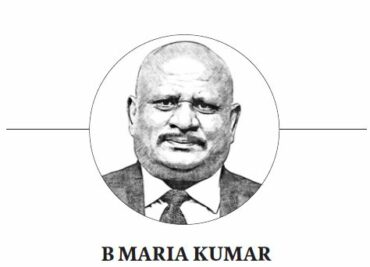
(The author is a recipient of National Rajbhasha Gaurav and De Nobili awards, and a former DGP in Madhya Pradesh)

